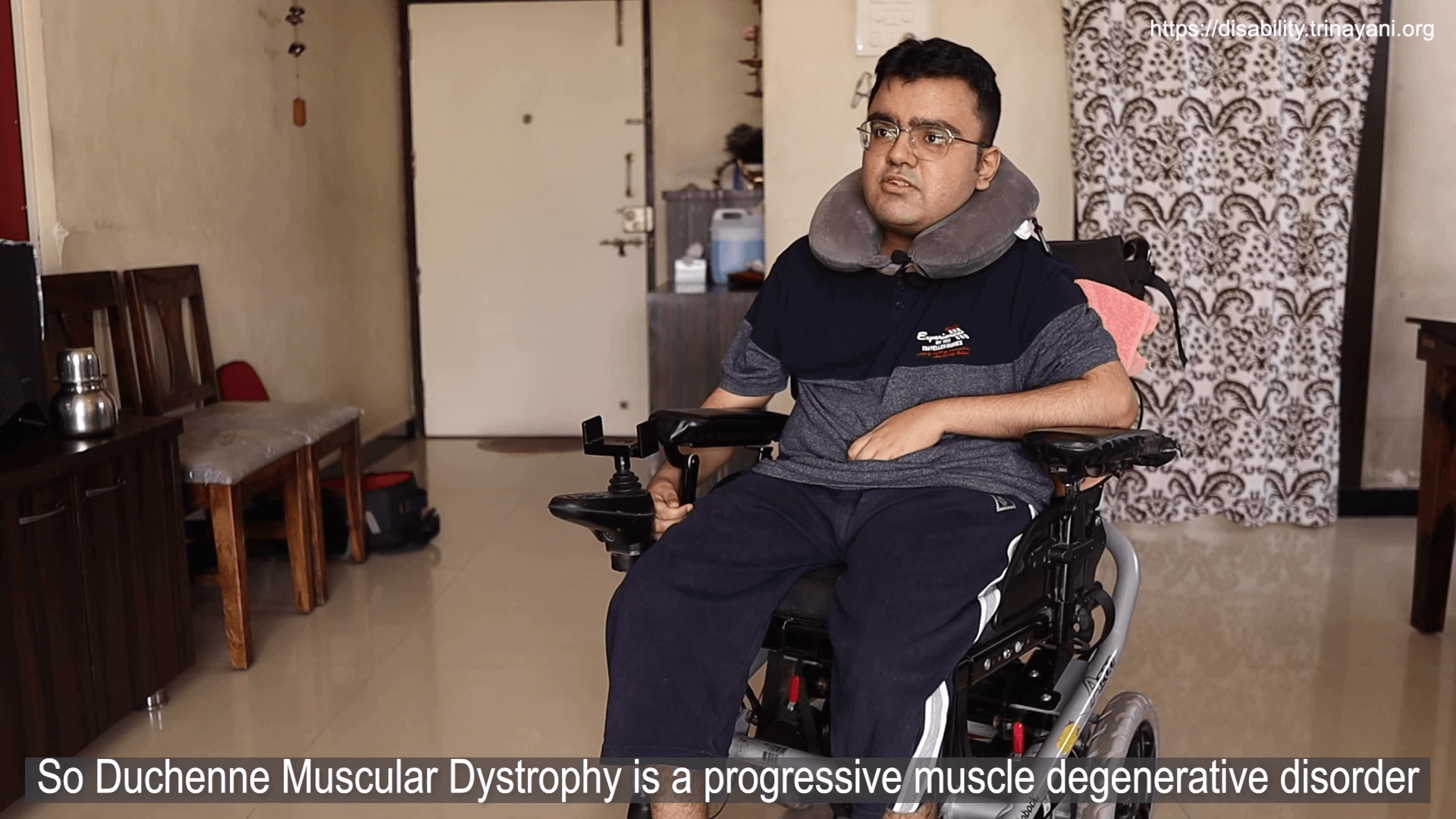Dhruv Shirpurkar
Share
“Inspiring others is more important in fighting them.”
No, this hasn’t been picked out of a self-help, inspirational book. These are the words of 22-year Dhruv Shirpurkar, who lives with Duchenne’s Muscular Dystrophy and is a wheelchair user. Dive into our conversation with him to not only educate yourself on this disability but to also gift yourself with his fresh perspective on life!

More Podcasts
Learn more about disabilities and inclusion




